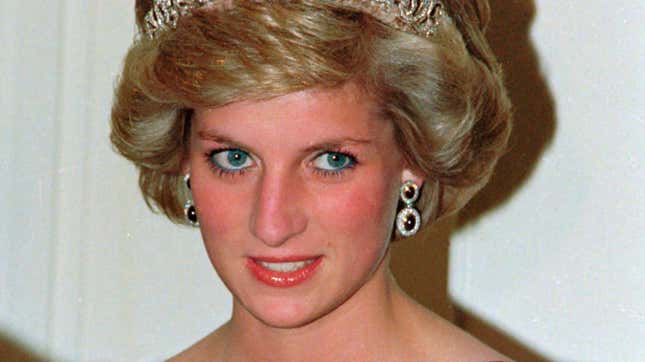Martin Bashir Got His Iconic Princess Diana Interview With Deceit and Lies, BBC Finds
Latest

In 1995, the BBC broadcast one of the most iconic interviews in television history, topped only by the Harry and Meghan Oprah interview this year. In the program, Princess Diana spoke openly with reporter Martin Bashir about her life as a royal and the breakdown of her relationship with Prince Charles,
succinctly described with a single sentence that likely still echoes through the halls of Kensington Palace: “There were three of us in this marriage.”
It was the Bashir interview that solidified the narrative of the royal marriage—Diana was the victim and Charles was little more than a philanderer—but it was also what permanently severed her fraught relationship with the palace. Earl Spencer, Diana’s brother, always considered the event and Bashir himself to be exploitative.
-

-

-

-

-

-

-

-

-

-

-

-

-

-

-

-

-

-

-

-

-

-

-

-

-

-

-

-

-

-

-

-

-

-

-

-

-

-

-

-








































